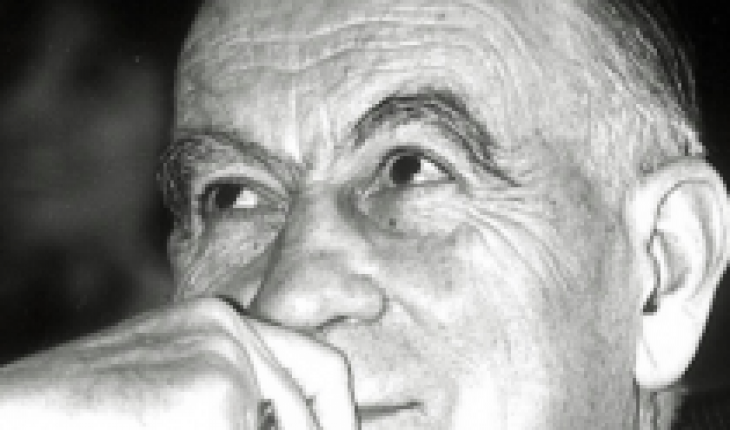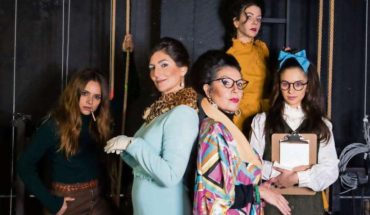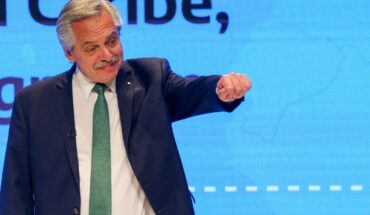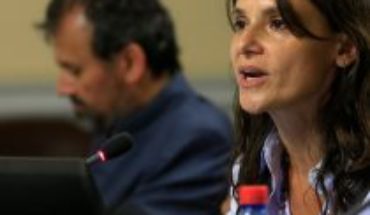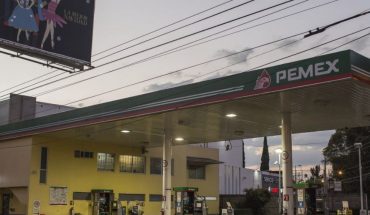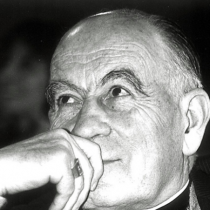
My memory retains multiple flashes of Cardinal Silva Henríquez’s luminous presence in Chile’s history. At such an opaque moment of the Catholic Church in our homeland, it is imperative to recall those glorious moments to regain hope.
The Cardinal knew how to anticipate the times. He knew that social processes do not stop, contained forces are breaking in, and conflicts must be directed in time, in democracy, with reforms that avoid painful setbacks or outcomes. As an Engineering student, I do not forget his surprising decision to initiate the distribution of land of the church itself to its peasants, influencing the subsequent political decision to implement a major agrarian reform. Today it would be seen as madness by neoliberal economists who still affect our national culture. However, it unleashed a key dynamic to transform Chilean society.
It was a beacon during frei Montalva’s rule, pointed to ways of change, and inspired those who followed that path, departing from those who sought to maintain the existing order. He was close to the Allende government, I felt him being a minister. Then he called for serenity, understanding, and dialogue; helped President Allende and sought to contain the polarization to the end. Those years the Cardinal was erected as a reference respected by all.
Until the tragedy ensathed. Then his figure was magnified. A person’s character is measured in hard times, and there he revealed his potency. He raised human rights as the main cause of every Christian, united the churches in the Pro-Peace Committee and then, when he faced the obstacles of the dictatorship, persisted and constituted the Vicarage of Solidarity, which saved so many lives and knew so many victims. He sowed strength among those who fought for human life and dignity. Those of us who live in prison and exile feel in it a will that protected. And the Chilean people certainly found in the church then a home for all.
Don Raul Silva courageously confronted a dictatorship that tried to bend and bring it down, and he had to endure a Nuncio who seemed closer to dictatorship than to the Church of the persecuted. In the darkest moments he was able to appeal to the “Soul of Chile”. When I was able to return from exile, I had the privilege of visiting him in Punta de Tralca and, thanks to my friend Reinaldo Sapag, accompanying him sometimes to lunch at his home in Auñoa, where we were able to collect his wisdom, and be inspired to undertake the great challenges that were coming. Impossible to forget those talks that culminated, as he said, drinking a barley juguito, which he kept in a small closet of his house.
Its moral strength changed Chile’s course and helped rebuild national coexistence. I was injected with the vitality of his principles and the example of his courage. And I also admired his pragmatism to get resources and weave friendships needed to be effective and achieve results. The Cardinal was able to transcend the preaching, he was a man of action, and that is why he helped to change the history of Chile and also give an unforgettable imronta to the Chilean Church.
The content poured into this opinion column is the sole responsibility of its author, and does not necessarily reflect the editorial line or position of El Mostrador.

